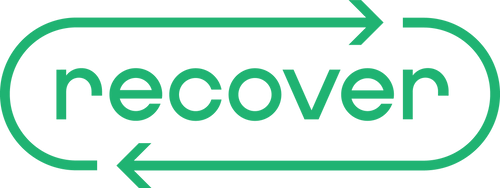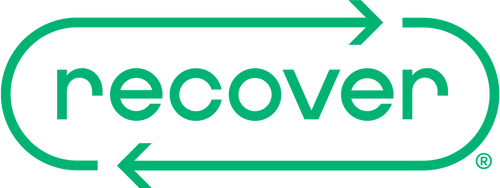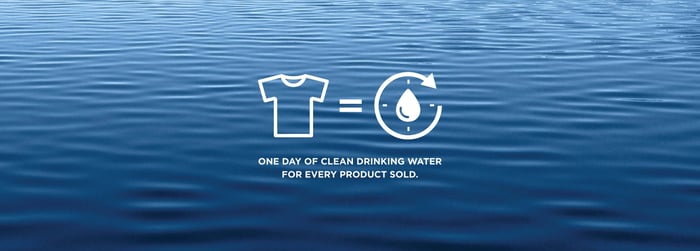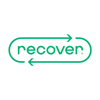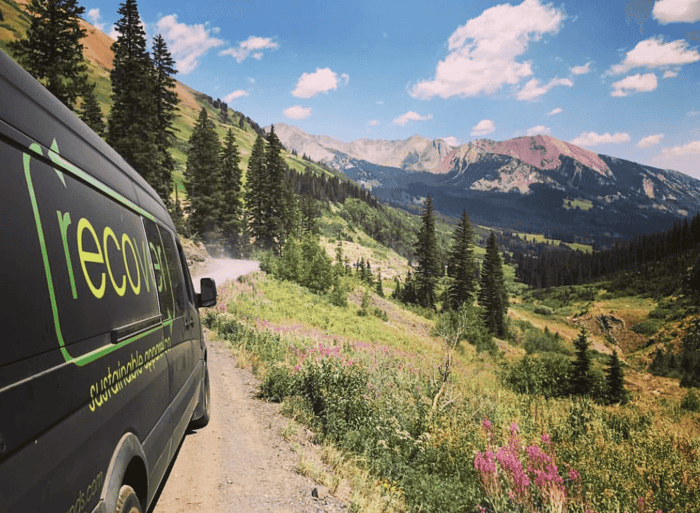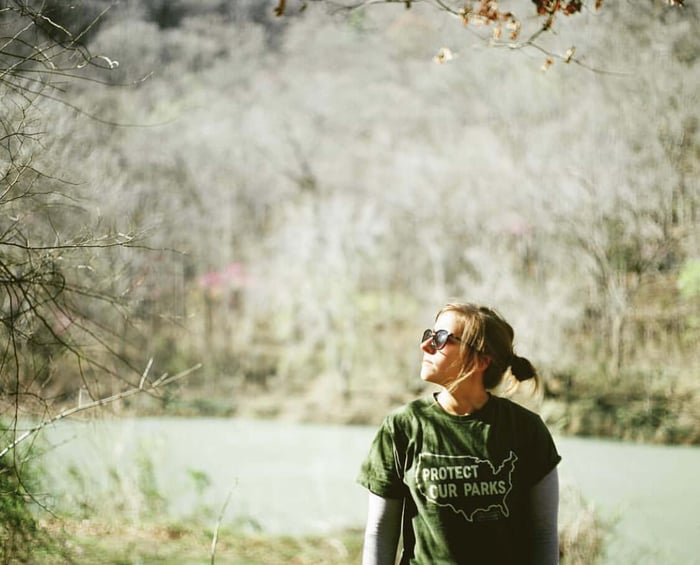Through the Recover Clean Water initiative, for every product you buy, we donate one day of clean drinking water to one person in need through World Vision, a Recover partner and leading international nonprofit that works to bring clean water to 1 new person every 10 seconds.
Globally, billions of people lack access to safe drinking water and sanitation. This widespread challenge is a result of increases in industry, population, changing weather patterns due to climate change, deforestation, and lack of sanitation infrastructure throughout the world. We launched the Recover Clean Water initiative to bring attention to this global problem, and to contribute to the efforts that are implementing solutions.
Here are some water stats to put things in perspective:
- While almost 70% of the world is covered by water, only 2.5% of it is fresh water, and of that 1% is accessible.
- AKA only 0.007% of our earth’s water is available to “fuel and feed” its 7.7 billion people (check out this World Population clock for a reality check), yet water pollution and resource depletion of this limited necessity is growing exponentially
- While people need water to survive on the most basic level, water is also essential for producing food, electronics, and clothing.
- The average cotton shirt takes 714 gallons of water to produce and the average hamburger takes 630 gallons to make
- Many water-intensive crops such as cotton are grown in arid regions, overextending available water resources
- Recover works to save fresh water. Compared to conventional apparel companies, Recover saves 2083 gallons of water by using our innovative manufacturing processes and recycled plastic bottles and upcycled cotton as materials

Zooming in on the importance of clean water as a basic human need, clean water is a limited, crucial resource that globally, many lack. According to the CDC…
- 780 million people do not have access to clean water
- 2.5 billion people (more than 35% of the world’s population) lack access to improved sanitation (facilities that separate human waste from human contact)
- An estimated 801,000 children younger than 5 years of age die from diarrhea each year, mostly in developing countries.
- Improved water sources reduce diarrhea morbidity by 21%, and the simple act of washing hands at critical times can reduce the number of diarrhea cases by as much as 35%
- Water and sanitation interventions are cost effective across all world regions and were demonstrated to produce economic benefits ranging from $5- $46 per every $1 invested
We work with World Vision, an organization that in a single year helped provide access to clean water for 3.2 million people, improve sanitation for 3.3 million people, improve hygiene for 3.9 million people, and form 6,605 water committees to ensure sustainability. The organization uses an integrated community engagement model, in which water projects are planned by local communities, and local community members are trained as mechanics to repair pumps and facilities if they break down. This focus, engagement, and empowerment of local communities build long-term, sustainable solutions for clean water access around the world.

We recognize that clean water is a massive global challenge. Through the Recover Clean Water Initiative, we are working to contribute to addressing this challenge in some way, and to spread the word so that other people will too.
